Most recently published

Remote Contact Tracing: A New Twist on an Old Practice
David Reddick and John Anthony
August 26, 2020
The idea of contact tracing is nothing new. It has been practiced for decades to help stop the spread of infectious diseases such as smallpox and HIV. It has been taught to public health professionals for decades. However, with the global explosion of the COVID-19 pandemic in 2020, it has

All Models Are Wrong (But Modeling Is as Necessary as Ever)
Terry Hastings and Colin Krainin
August 19, 2020
British statistician, George Box, famously stated that “all models are wrong, but some are useful.” The nation’s experience with COVID-19 has highlighted this fact as policy makers have struggled to calibrate their actions based on imperfect data and modeling. Yet, modeling is useful and will continue to be an important
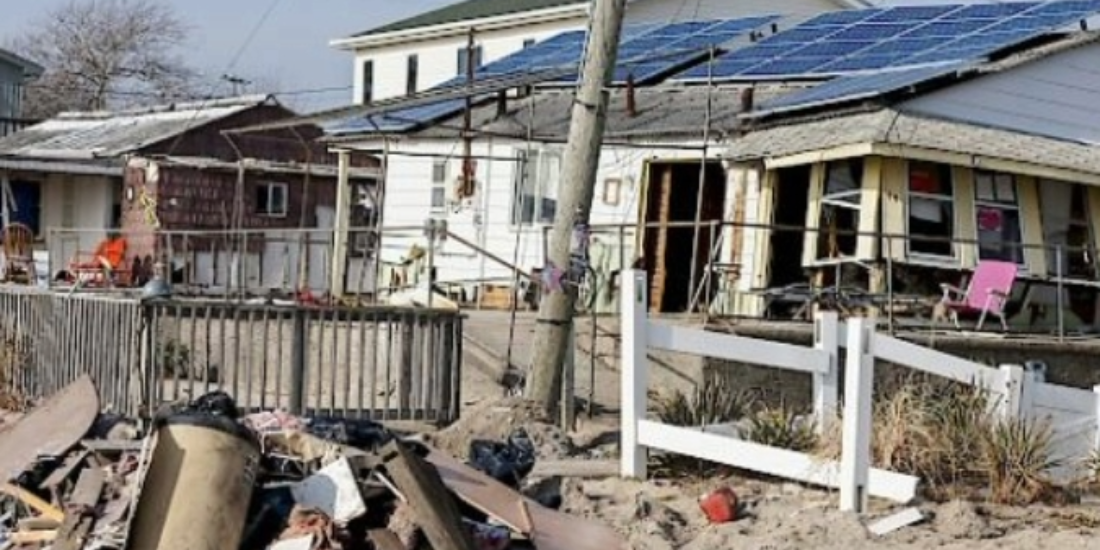
Disaster Case Management: An Important Disaster Response Tool
Senay Ozbay
August 5, 2020
Effective disaster response and recovery involves identifying and establishing an organization that serves the needs of vulnerable populations utilizing pre-disaster risk assessments and crisis management communication, with planned and tested tools and robust resources. Disaster Case Management is one such tool.
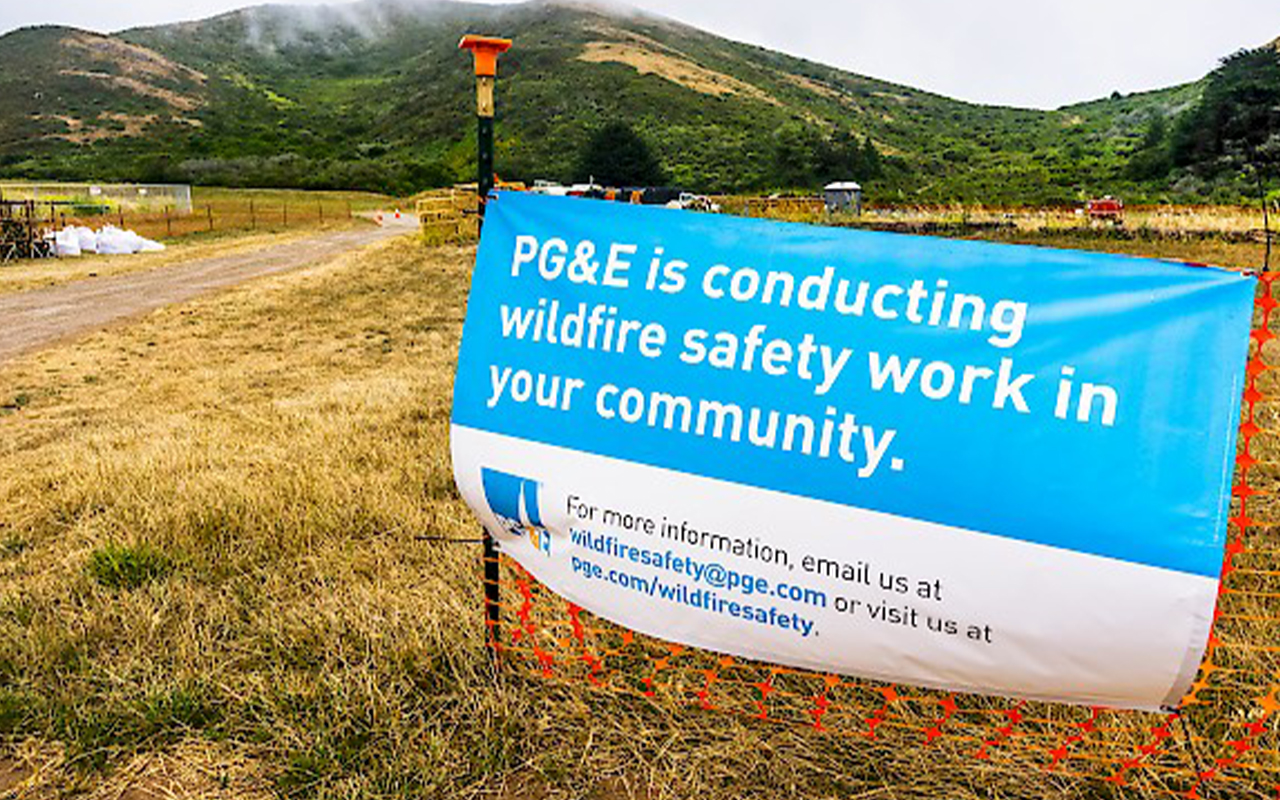
The Epitome of Failure – Part 3
William H. Austin
July 22, 2020
At the beginning of a 28 May 2020 court hearing, U.S. District Court Judge William Alsup made the following opening statement, “If there ever was a corporation that deserved to go to prison, it is PG&E for the number of people it has killed in California.” Pacific Gas and Electric’s
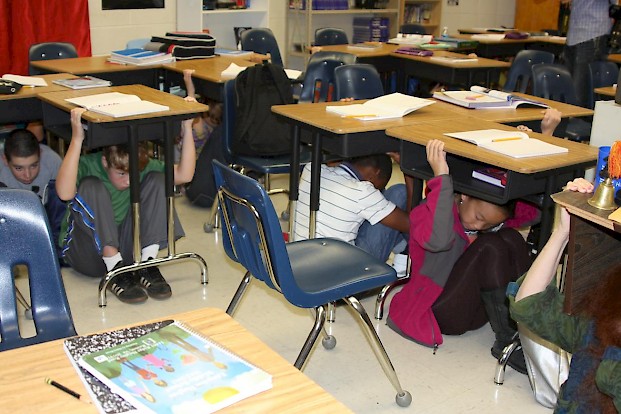
A New Way of Looking at Earthquake Plans
Frances Dunniway
July 15, 2020
With the inevitability of earthquakes in California, disaster preparedness and evacuation focused on the safety of lives is of utmost importance. The health, welfare, and safety of children are of paramount importance, as children are left in the protection of school district officials. In 2005, California Legislature passed Assembly Bill

EMS Continuity of Operations Plan: A Critical Lifeline Component
Ron Cain
July 8, 2020
“A lifeline enables the continuous operation of critical government and business functions and is essential to human health and safety or economic security.” The Federal Emergency Management Agency (FEMA) developed the Community Lifelines construct after the 2017 and 2018 hurricane seasons. The framework of Community Lifelines allows the whole community
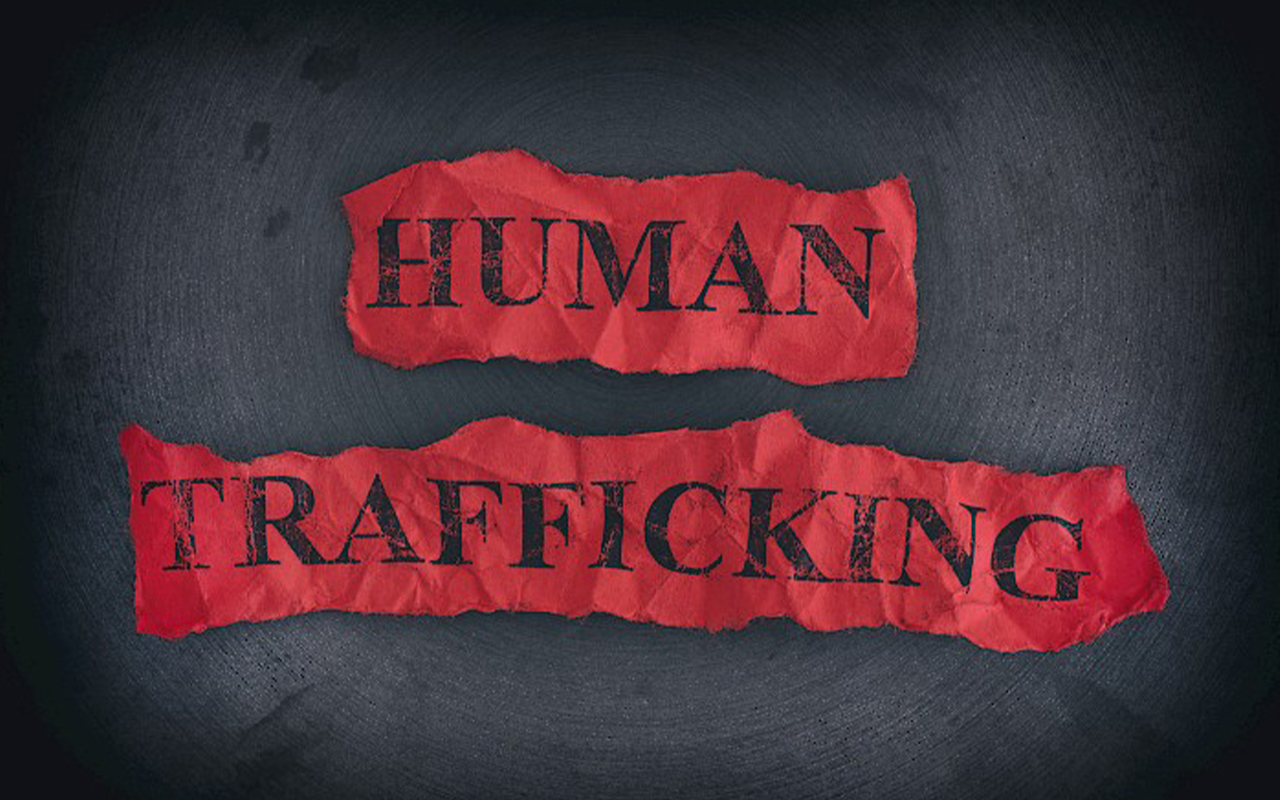
The Dynamics of Human Trafficking: Before & After COVID-19
Michael Breslin
June 24, 2020
These are challenging times. The immediate impacts of the coronavirus pandemic are impossible to ignore when viewed in terms of the sickness and death it has brought upon the world community. It continues to impact the global economy and social norms. The long-term impacts of this virus and subsequent mitigation

An All-Hazards Educational Approach to Emergency Management
Paula Gordon
June 17, 2020
The nature and scope of the emergency management field can be defined in a variety of ways. An all-hazards definition of emergency management encompasses some essential homeland security concerns. A conceptual framework then helps bring together an understanding of the challenges facing those in the emergency management and homeland security

Active Shooter Preparedness: Beyond Run/Hide/Fight
Chad Hyland
June 10, 2020
Run/Hide/Fight or Avoid/Deny/Defend – no matter which mantra is taught/trained, there is one unfortunate constant between both methodologies: the shooting has begun, and there is an imminent loss of life occurring at the workplace, school, church, grocery store, or wherever the active shooters have selected their targets. Thorough understanding of

Acceptable Loss in a Pandemic-Editor’s Note
Martin D. Masiuk
June 4, 2020
Dear DomPrep Readers,Since day one on 11 November 1998, DomPrep has been and continues to be a publication for preparedness and resilience professionals with operational and strategic responsibilities. Since then, we have published many beneficial articles on pandemics, terrorism, natural disasters, chemical weapons, improvised explosive devices (IEDs), active shooter(s), opioids,

National Pandemic Planning – The Forgotten Scenarios
Rick C. Mathews
June 3, 2020
“Are we prepared?” is a simple question with a not-so-simple answer. There are generally two times this question arises: (1) when funding is being requested, and (2) after an incident occurs where the preparedness comes under review. Both timings are appropriate, but arguably not the best time to raise the
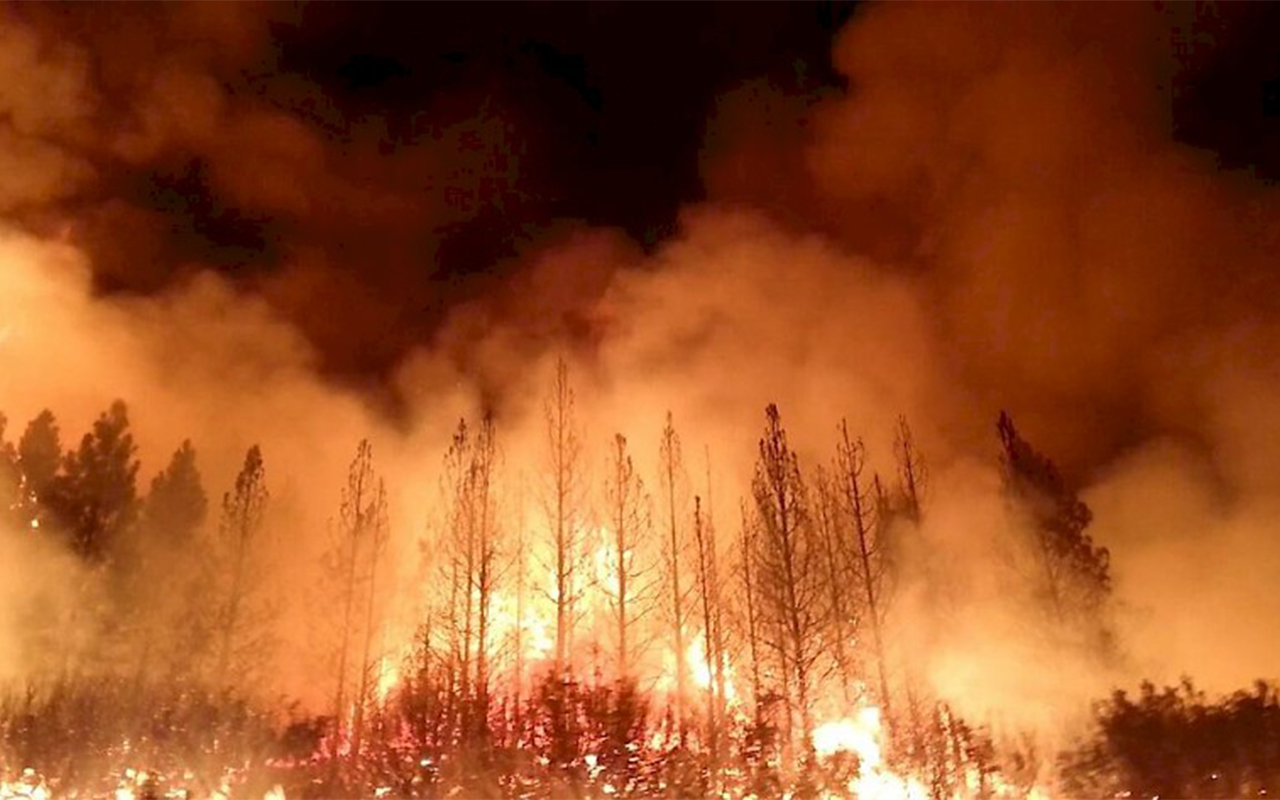
The Epitome of Failure – Part 2
William H. Austin
May 27, 2020
The aeolian winds took control of the surrounding environment. A death-defying vortex formed and, along with it, a perturbation as inconceivable as the Camp Fire was overwhelming. This article continues to chronicle the story of a mega-disaster. Part 1 described how the Pacific Gas & Electric Company (PG&E) spent the

In an Era of Coronavirus, Do Not Forget Security
Andrew R. Roszak
September 2, 2020
The United States is currently facing historic challenges. Against the backdrop of a global pandemic, the United States is experiencing an historic rise in gun violence and civil unrest. Social issues, such as a dramatic increase in unemployment, a rise in domestic violence, an increase in substance abuse, social isolation,

Remote Contact Tracing: A New Twist on an Old Practice
David Reddick and John Anthony
August 26, 2020
The idea of contact tracing is nothing new. It has been practiced for decades to help stop the spread of infectious diseases such as smallpox and HIV. It has been taught to public health professionals for decades. However, with the global explosion of the COVID-19 pandemic in 2020, it has

All Models Are Wrong (But Modeling Is as Necessary as Ever)
Terry Hastings and Colin Krainin
August 19, 2020
British statistician, George Box, famously stated that “all models are wrong, but some are useful.” The nation’s experience with COVID-19 has highlighted this fact as policy makers have struggled to calibrate their actions based on imperfect data and modeling. Yet, modeling is useful and will continue to be an important

Disaster Case Management: An Important Disaster Response Tool
Senay Ozbay
August 5, 2020
Effective disaster response and recovery involves identifying and establishing an organization that serves the needs of vulnerable populations utilizing pre-disaster risk assessments and crisis management communication, with planned and tested tools and robust resources. Disaster Case Management is one such tool.

The Epitome of Failure – Part 3
William H. Austin
July 22, 2020
At the beginning of a 28 May 2020 court hearing, U.S. District Court Judge William Alsup made the following opening statement, “If there ever was a corporation that deserved to go to prison, it is PG&E for the number of people it has killed in California.” Pacific Gas and Electric’s

A New Way of Looking at Earthquake Plans
Frances Dunniway
July 15, 2020
With the inevitability of earthquakes in California, disaster preparedness and evacuation focused on the safety of lives is of utmost importance. The health, welfare, and safety of children are of paramount importance, as children are left in the protection of school district officials. In 2005, California Legislature passed Assembly Bill

EMS Continuity of Operations Plan: A Critical Lifeline Component
Ron Cain
July 8, 2020
“A lifeline enables the continuous operation of critical government and business functions and is essential to human health and safety or economic security.” The Federal Emergency Management Agency (FEMA) developed the Community Lifelines construct after the 2017 and 2018 hurricane seasons. The framework of Community Lifelines allows the whole community

The Dynamics of Human Trafficking: Before & After COVID-19
Michael Breslin
June 24, 2020
These are challenging times. The immediate impacts of the coronavirus pandemic are impossible to ignore when viewed in terms of the sickness and death it has brought upon the world community. It continues to impact the global economy and social norms. The long-term impacts of this virus and subsequent mitigation

An All-Hazards Educational Approach to Emergency Management
Paula Gordon
June 17, 2020
The nature and scope of the emergency management field can be defined in a variety of ways. An all-hazards definition of emergency management encompasses some essential homeland security concerns. A conceptual framework then helps bring together an understanding of the challenges facing those in the emergency management and homeland security

Active Shooter Preparedness: Beyond Run/Hide/Fight
Chad Hyland
June 10, 2020
Run/Hide/Fight or Avoid/Deny/Defend – no matter which mantra is taught/trained, there is one unfortunate constant between both methodologies: the shooting has begun, and there is an imminent loss of life occurring at the workplace, school, church, grocery store, or wherever the active shooters have selected their targets. Thorough understanding of

Acceptable Loss in a Pandemic-Editor’s Note
Martin D. Masiuk
June 4, 2020
Dear DomPrep Readers,Since day one on 11 November 1998, DomPrep has been and continues to be a publication for preparedness and resilience professionals with operational and strategic responsibilities. Since then, we have published many beneficial articles on pandemics, terrorism, natural disasters, chemical weapons, improvised explosive devices (IEDs), active shooter(s), opioids,

National Pandemic Planning – The Forgotten Scenarios
Rick C. Mathews
June 3, 2020
“Are we prepared?” is a simple question with a not-so-simple answer. There are generally two times this question arises: (1) when funding is being requested, and (2) after an incident occurs where the preparedness comes under review. Both timings are appropriate, but arguably not the best time to raise the
Management of the Strategic National Stockpile, A Path Forward
Carl Brewer
May 20, 2020
Because of COVID-19, it is time to reevaluate preparedness and reconsider threats to the homeland. Good intentions and grand theories do not make good programs. Programs work best when they’re based on a detailed understanding of the problem begin solved and how they are implemented on the ground with solid
The Wicked Problem of Lifting Social Distancing & Isolation
Galen Adams and Jeremy L. Kim
May 13, 2020
The issue of when or how to lift social distancing and isolation is a wicked problem. A “Wicked Problem” in policymaking defeats standard solutions because of the interaction between the wicked problem and its potential solutions. The application of the correct solution to one aspect of the wicked problem often
The Acceptable Loss – The Trolley Dilemma of Managing COVID-19 Pandemic
Isaac Ashkenazi and Carmit Rapaport
May 13, 2020
The COVID-19 pandemic takes its toll in terms of human lives and global economic consequences. Social distancing has proven to be the most promising strategy against emerging viruses without borders, but the heavy economic damage that follows puts in question the possibility of its continuation. In fact, weighing the two
Avoiding the Three As: Apathy, Atrophy & Attrition
Christopher Tantlinger
May 6, 2020
Emergency management is everything to everybody, but it often lacks the glue that is so desperately needed to manage catastrophic events. This is likely the result of two common pitfalls that the profession has long suffered from, pitfalls that can begin as soon as one walks out of the meeting
The Epitome of Failure – Part 1
William H. Austin
April 29, 2020
At about 6:15 a.m. on 8 November 2018, an iron hook holding up a 115,000-volt line broke, dropping the live wire and sparking a blaze. Thirty minutes later, what would come to be known as the Camp Fire was out of control. Officials ordered the evacuation of the nearby town
Inventions Birthed by Necessity
Daniel M. Gerstein
April 15, 2020
If necessity is the mother of invention, the new coronavirus is quickly birthing a lot of innovations. Parts of U.S. society may be forever changed by this pandemic. As of 13 April 2020, the United States had over 550,000 confirmed cases and nearly 22,000 deaths, with emergency preparedness and response
Reconsideration of Healthcare Providers in the Age of COVID-19
Matthew Minson
April 8, 2020
Lately, there have been a number of discussions about protecting healthcare workers, bolstering the ranks with volunteerism, and utilizing alternative care sites and providers. There have been call-ups of retired clinicians of all stripes, field promotions of health sciences students, and alternative venues for care like telemedicine. However, one group
Military Use for Continued Law Enforcement During the Pandemic
Andrew R. Roszak
April 1, 2020
As the United States continues to respond to the coronavirus pandemic, police departments across the country are beginning to feel the impact of the virus on their day-to-day staffing. In New York, three officers have died, more than 900 members of the NYPD have tested positive for the coronavirus and
Use Caution: Retirees & the Direct Clinical Setting
Matthew Minson
April 1, 2020
To help with the increasing surge of COVID-19 patients, there have been a number of calls to re-enlist retired physicians and nurses in the healthcare setting. These calls from those within the government and the clinical setting are understandable on the surface. However, some elements are not being fully considered
Resilience When Help May Not Be on the Way
Catherine L. Feinman
March 25, 2020
Disasters like 9/11 and Hurricane Katrina physically devastated the regions in which they occurred, affected people who were not directly impacted, and spurred nationwide action to assist in the response and recovery activities. As significant as those events were, though, they could not prepare the nation for the COVID-19 pandemic.
PPE Shortages & Funding Gaps for Pandemics
Greg Burel
March 18, 2020
SARS, H1N1, Ebola, Zika, and now the COVID-19 pandemic blindsided U.S. public health officials and the world at large. Although this is a newsworthy headline, it is not entirely accurate. Hyperbole may sell newspapers, but has ignored the great progress that has been made in national public health emergency preparedness.
Triggered Collapse, Part 3: Lessons in Lawlessness
Drew Miller
March 11, 2020
A pandemic, loss of the electric system, or other triggering disaster need not be that effective in directly killing people to generate a collapse that results in millions of deaths and a weakened nation. The “cascading effects” of an economic shut down – loss of law and order, looting and
Follow Us
Get Instant Access
Subscribe today to Domestic Preparedness and get real-world insights for safer communities.


